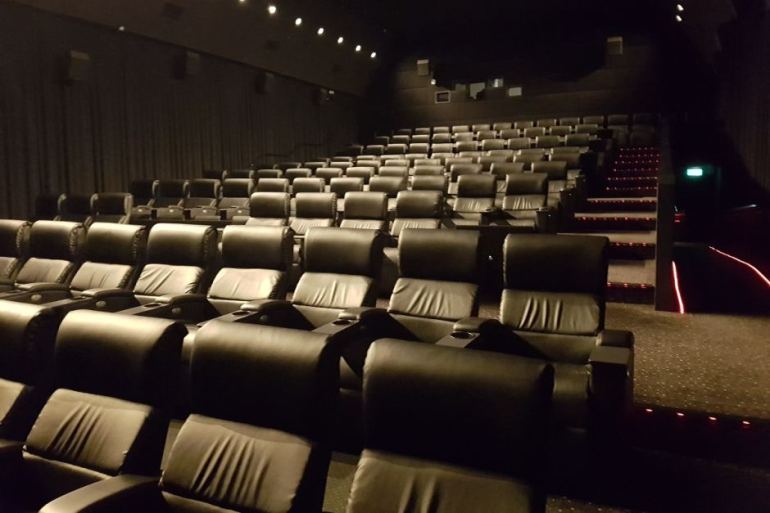Australia’s independent exhibitors warn that more than 50 per cent face being forced to shut down permanently in the next six months unless they get urgent relief from the Federal Government.
The combination of the COVID-19 crisis and the response of US studios in postponing releases or sending some titles direct to streaming is threatening the viability of independent cinemas, according to Independent Cinemas Australia.
ICA has urged the government to reinstate JobKeeper payments to pre-October levels; extend debt relief for the duration of JobKeeper to all cinemas; relax seating capacity limits consistent with COVID-19 Safe Plans; and give cinemas greater flexibility in screening trailers, waiving the long-standing rule which means trailers can only run in front of movies of the same or higher classification.
The industry body, which has 98 members, makes the point that cinemas have been excluded from the type of grants that have gone to hospitality, hotels, live music venues, the arts and other sections of the night-time economy.
“Independent cinemas are facing enormous challenges right now and clearly we need to bring Australia’s film industry to the attention of the Federal Government before we all fall through the cracks,” says ICA CEO Adrianne Pecotic.
“Without more targeted government support over 50 per cent of cinemas are facing permanent closure in the next six months. I am not worried about cinema per se; however without more targeted relief right now we do not know which country towns will wake up without their region’s only cinema or which iconic independent will not be able to survive the prolonged capacity restrictions, closures and withdrawal of studio titles.”
Pecotic also worries that, on the other side of the pandemic, blockbuster titles will predominate at the expense of diversity, Australian content and community choice.
“ICA is appealing to our industry to call on the Federal Government and every state to make sure those businesses that support diversity, Australian stories and their local communities receive the support they need to make it through to the other side,” she said.
Adrianne Pecotic.
ICA’s 10 REASONS TO SAVE OUR CINEMAS
Cinema is a huge driver of economic traffic to main street restaurants, pubs and shopping centres and is integral to regional centres and the night-time economy. Pre-COVID, Australians attended cinemas 85 million times per year or 1.6 million times per week.
We contribute more than $250 million in box office revenue per year, including more than $110 million in regional Australia.
Cinemas employed 13,000 people – 80 per cent of them casuals – and spent more than $200 million in wages in 2011 (Source: Access Economics). Current annual estimate: $450 million in wages.
Cinema is four times more effective at reducing anxiety and depression than the next nearest measured activity – watching live sport (ISER Working Paper 2005-14. Colchester: University of Essex). This is especially critical in regional areas that are at risk of losing their only cinema and with few alternatives for social engagement.
More than 75 per cent of independent cinemas are in regional areas (Screen Australia/MPDAA).
Cinemas deliver critical income, infrastructure and revenue for Australia’s feature film producers and distributors.
Cinema is not elite – we cater to all socio-economic groups, especially teens, families, older Australians, NDIS access and school and charity fundraisers.
Independent cinemas are particularly vulnerable and worthy of support since they provide the most diversity of choice in feature films and alternate content to Australian audiences (Deb Verhoeven: Deakin University) and sometimes contribute the most box office to Australian feature films – up to 90 per cent (Numero and Comscore).
Cinemas have expensive, fragile digital equipment that may not re-start if the business fails and the equipment is not fired up weekly (Stephen Davis – Christie Network Operations Centre).
Cinema is fundamental to the social and mental wellbeing of Australians. It is the most affordable and popular cultural pursuit in Australia providing an affordable and highly accessible social and community outlet (SARA Research).




